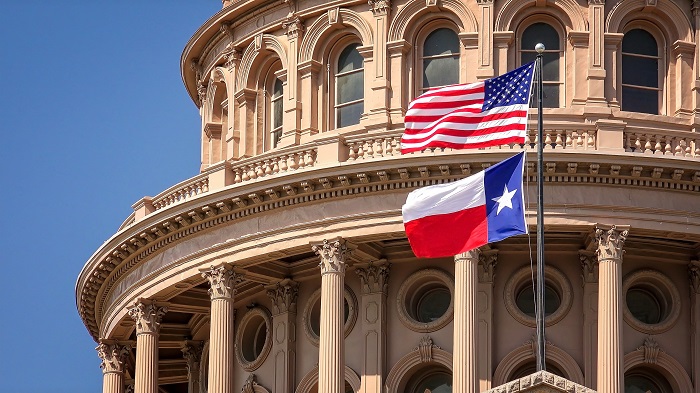It has been an extraordinary 365 days for consumer financial services law. I cannot recall a year where so many states introduced legislation or proposed regulations or rules impacting the credit industry. At the federal level, proposed rules for the Fair Debt Collection Practices Act were (finally) released and California also proposed regulations under the California Consumer Privacy Act.
Posts tagged as “state regulation”
The European Union’s General Data Protection Regulation (GDPR) went into effect on May 25, 2018, and introduced privacy concepts that were new to some U.S. businesses. Fortunately, the GDPR was developed over a period of time that allowed for thoughtful deliberation and careful drafting. The California Consumer Privacy Act (CCPA), on the other hand, was speedily enacted under the threat of a ballot initiative.
Texas Enacts Amendments to Data Breach Notification Law; Creates Privacy Protection Advisory Council

On June 14, Texas Gov. Greg Abbott signed into law House Bill 4390 which amends the notification requirements of Texas’ data breach law and creates an advisory council to study data privacy laws generally. The provisions become effective Jan. 1, 2020. Currently, a person conducting business in Texas who “owns or licenses computerized data that includes sensitive data” must disclose the breach to any affected individual “as quickly as possible.” Tex. Bus. & Com. Code § 521.053(b). The amendments will require the disclosure “be made without unreasonable delay and in each case not later than the 60th day after the…
On April 30, Washington Gov. Jay Inslee signed into law Substitute House Bill 1531 which places new requirements on medical debt collectors. The new provisions go into effect July 28, 2019. The new law requires medical debt collectors to inform consumers in the initial written communication of the right to request the original account number, date of last payment and an itemized statement regarding the debt. For hospital debt, the communication must also notify consumers they “may be eligible for charity care from the hospital, together with the contact information for the hospital.” Upon an oral or written request for…
The Texas Legislature has passed House Bill 996 which limits when a debt buyer can initiate legal action or arbitration to collect consumer debt and requires specific notices with respect to out-of-statute debt. Upon approval by Texas Gov. Greg Abbott, the new provisions will become effective Sept. 1, 2019. Definition of a Debt Buyer “Debt buyer” is defined as “a person who purchases or otherwise acquires a consumer debt from a creditor or other subsequent owner of the consumer debt, regardless of whether the person collects the consumer debt, hires a third party to collect the consumer debt, or hires…




